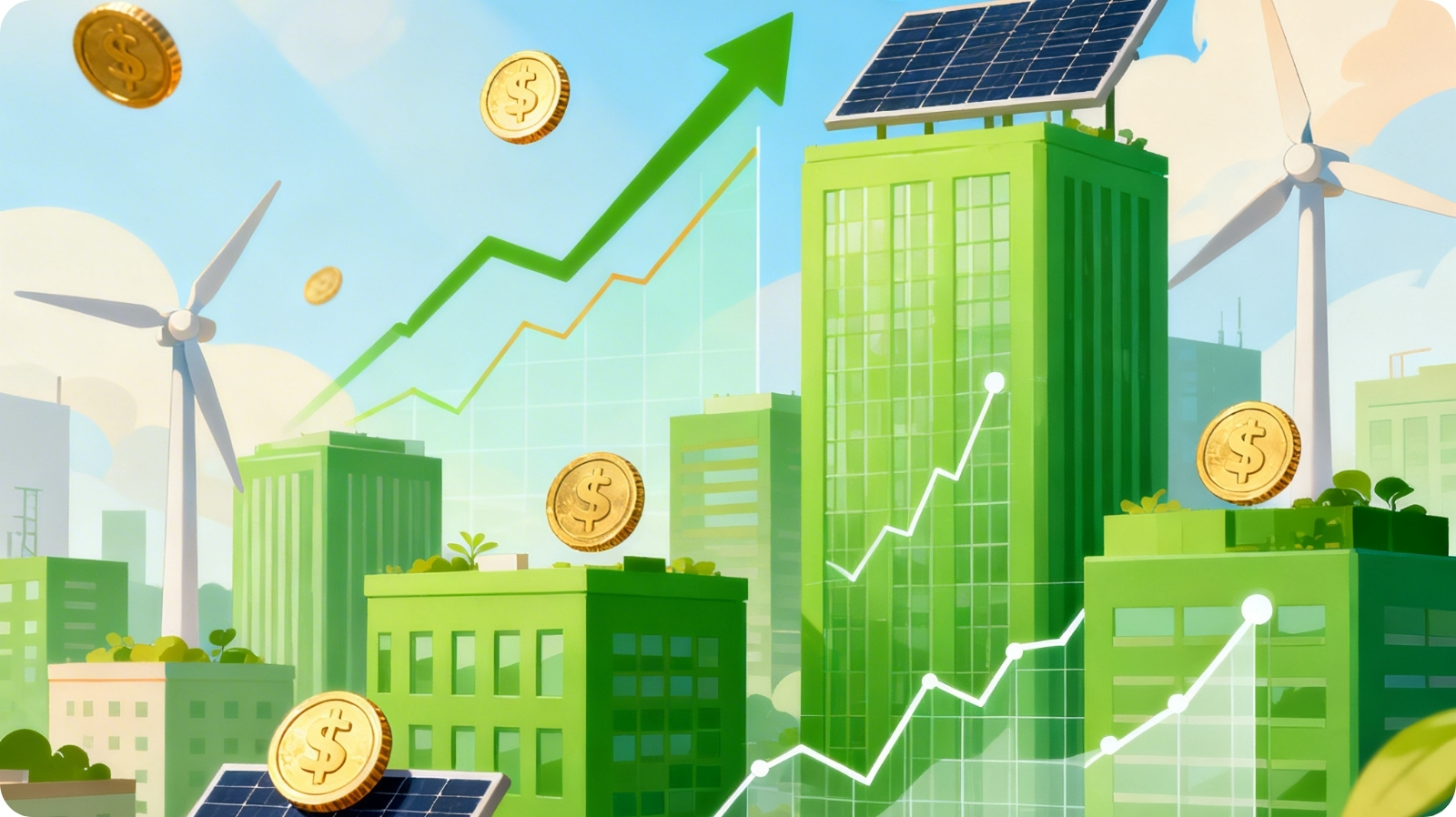Financial statements aren’t enough anymore, investors want clear insight into sustainability risks and long-term opportunities.


Financial statements aren’t enough anymore, investors want clear insight into sustainability risks and long-term opportunities.

The Government of Nepal has been providing interest subsidies on different categories of loans for the last seven years. Recently, the government substantially restructured the concessional loan program, reducing loan categories and subsidized interest rates while increasing loan limits.

Compared to other countries, Nepal has lower carbon emissions due to the lesser business activities on the environment leading to faster zero carbon emission by 2050 A.D. Nepal has a limited carbon emission which is 0.02% whereas its neighboring country China and India has 29.18% and 7.09% respectively.

The NRB has urged lawmakers in Nepal to amend the Nepal Rastra Bank Act and the Banks and Financial Institutions Act to include provisions related to digital currency issuance.

In the realm of Fintech, while emerging economies like Nepal have made strides in adopting technologies like payment gateways, cashless payments, and online banking, the global landscape of financial technology encompasses a diverse range of innovations. These span the integration of banking data with third-party financial services, the application of Artificial Intelligence and big data analytics to discern consumer behavior patterns for credit risk assessment and enhanced services.

Nepal foreign exchange (forex) reserves have become an important aspect of inflation control since Nepal’s economy is heavily dependent on imports. Due to a large flow of remittances and reduced imports of goods in the first half of FY 2022/23, the current account deficit dropped from 12.8% to 12.03% by 0.5% of the total GDP.